MercoPress. South Atlantic News Agency
Tag: Argentina inflation
-
Friday, April 29th 2016 - 06:08 UTC
IMF praises Argentina's new focus despite an expected contraction of 1% this year
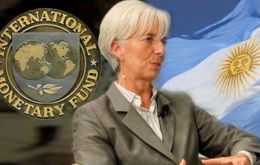
Argentina's GDP is expected to contract by about 1% in 2016, according to the latest IMF Regional Economic Outlook; Western Hemisphere, announced on Wednesday in Mexico. The chapter on Argentina makes a special mention of the new government's changes to remove macroeconomic imbalances.
-
Monday, January 25th 2016 - 10:19 UTC
IMF praise for Argentina's measures... but forecasts 'mild recession' this year
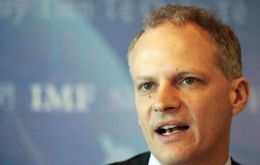
Despite the austerity policies that have been implemented by the government of President Mauricio Macri, Argentina will see a bigger than expected recession this year, the International Monetary Fund (IMF) said in a new report. The economy is set to decline 1% this year, a drop that is 0.3 percentage points larger than the previous forecast that the IMF had released in October.
-
Monday, January 25th 2016 - 10:10 UTC
Proxy inflation in Argentina reached 6.5% in December and 31.6% in 2015

Consumer prices rose 6.5% in December in the Argentine province of San Luis, one of the indexes the new leaders of the country's INDEC statistics bureau had said could be used as a proxy for national inflation figures — amounting to a cumulative 31.6% increase in 2015.
-
Thursday, January 14th 2016 - 06:54 UTC
Argentina needs to reach an agreement with holdouts, insists Prat-Gay
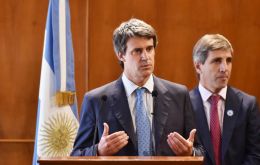
Argentina's new finance minister said on Wednesday it was imperative to resolve the country's legal dispute with U.S. creditors over unpaid debt because financing of the country's fiscal deficit this year may depend on progress on the issue.
-
Thursday, October 15th 2015 - 07:10 UTC
Argentine September inflation 1.92% and 25.91% in last twelve months

September inflation in Argentina was 1,92% and reached 25.91% in the last twelve months according to the monthly report from opposition members of Congress, which is based on the average of the country's leading private consultants. Later this week the official Indec rate is expected to be announced, systematically lower than that of the so called Congress index.
-
Saturday, September 12th 2015 - 11:00 UTC
Argentina's inflation slowing but still comfortably on the two digits
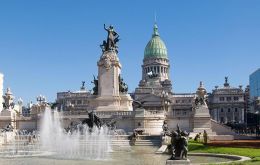
According to Argentina's stats office Indec, consumer prices during the month of August climbed 1.2% over July, 9.4% in the eight months and 14.7% in the last twelve months. These numbers however are quite different from private consultants' estimates and the City of Buenos Aires stats office: 2.17% and 1.8% inflation for August, respectively.
-
Wednesday, May 20th 2015 - 05:00 UTC
Argentine inflation for April: official index 1.1%; Congressional index, 2.1%
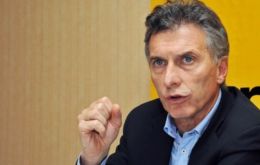
Inflation in Argentina during April reached 2.1% and 29% in the last twelve months according to the latest release from private consultants, an average of which is announced every month as the 'Congressional index' by members from the Lower House Freedom of Expression committee.
-
Monday, April 20th 2015 - 06:20 UTC
March inflation in Argentina ranges from 1.3% to 2.12%

Argentine inflation in March reached 2.12% over February accumulating 29.8% in the last twelve months according to the average of private consultants, which every month is released by opposition members in Congress. This is one percentage point higher than the official March rate announced by the Argentine government's discredited stats office, Indec, 1.3%.
-
Friday, September 12th 2014 - 06:12 UTC
Argentine organized labor leader forecasts a “social explosion” next December
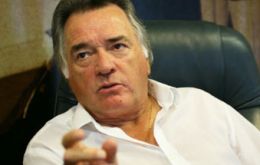
Argentina is heading towards social outbreak due to soaring inflation, head of the anti-government CGT Azul y Blanca labor confederation Luis Barrionuevo said in statements that have already sparked controversy.
-
Saturday, August 16th 2014 - 08:32 UTC
Argentine official inflation in July, 1.4% and 16.7% in first seven months
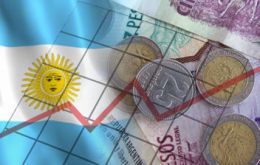
Argentine inflation rose 1.4% during July leaving consumer prices 16.7% higher than at the beginning of the year, official data showed on Friday. The July index was slightly higher than the 1.3% of June and confirms Argentina is experiencing one of the highest inflation rates in the world and only second to Venezuela in Latin America.
